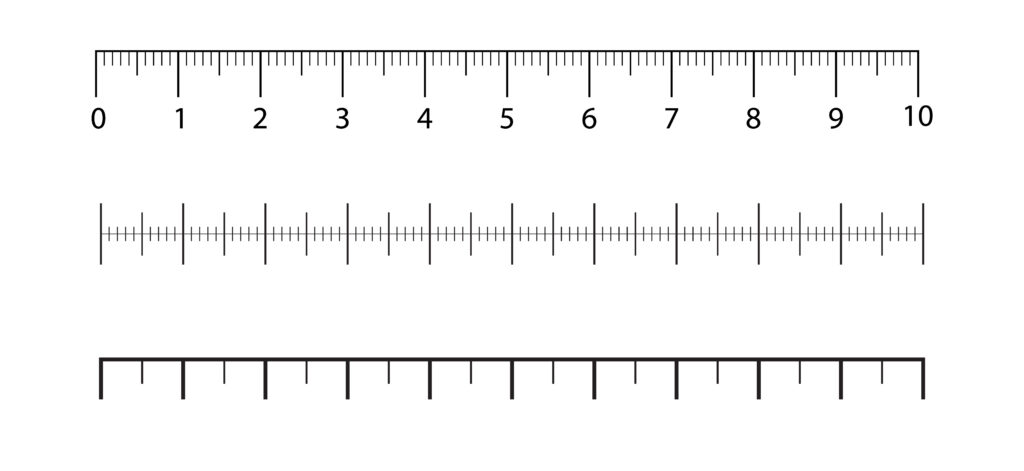Arithmetic Progressions: Sum of First n Terms
Discover the formula for the sum of an A.P. ($S_n$) using the pairing trick developed by young Carl Friedrich Gauss.
Help & Instructions
▼- Write the series ($S_n$) from $a_1$ to $a_n$.
- Write the series again below it in reverse order.
- Add the two series vertically to get $2S_n$.
- The sum of every pair is constant: $a_1 + a_n$.
- The total sum is $2S_n = n(a_1 + a_n)$, leading to $S_n = \frac{n}{2}(a_1 + a_n)$.
- **Set Parameters:** Enter the starting term ($a_1$), difference ($d$), and number of terms ($n$).
- **Generate:** Click "Generate Series" to display the pairs.
- **Analyze:** Observe the uniform sum of the paired terms.
Define Your Arithmetic Progression
Calculation Summary
Constant Pair Sum ($a_1 + a_n$): —
Formula Derivation: $2S_n = n \times (\text{Pair Sum})$
Calculated Sum ($S_n$): —
The **sum of an A.P.** is a special case of the sum of an arithmetic series. The crucial insight from Gauss's method is that the series is **symmetrical** when paired forward and backward, leading to a constant sum for each pair.
The Mathematics Behind the Formula
The total sum is found by multiplying the number of pairs ($n$) by the constant sum of the pairs ($a_1 + a_n$), and then dividing by 2:
$$S_n = \frac{n}{2}(a_1 + a_n)$$This formula can also be expressed using the common difference ($d$):
$$S_n = \frac{n}{2}[2a_1 + (n-1)d]$$The summation formula is used in:
- **Finance:** Calculating the total amount paid over a period with constant increases (annuities, loans).
- **Physics:** Calculating the distance traveled by an object under constant acceleration over discrete time steps.
- **Computer Science:** Analyzing the runtime complexity of simple loops (e.g., triangular numbers).



